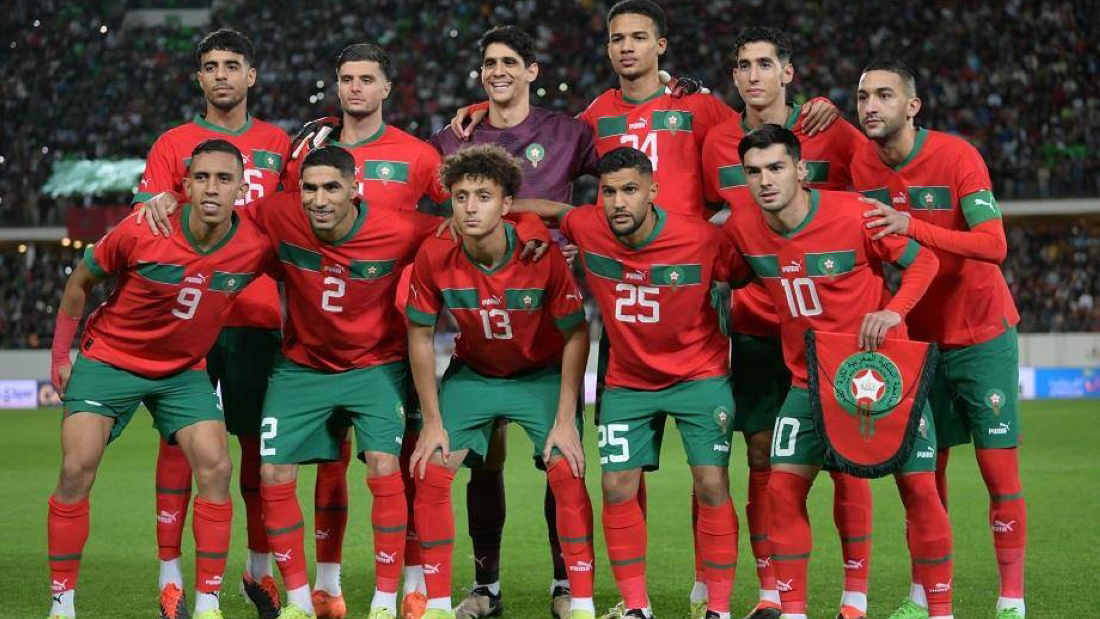Last month, on October 23, Rashidi Yekini would have turned 62.
Unfortunately, as he rests in his grave, the country’s football has failed not only to unravel the shenanigans surrounding his death but also to spare a moment in remembrance of one of Nigeria’s greatest football ambassadors, probably the most celebrated African in World Cup history.
Rashidi Yekini’s celebration of his first and only World Cup goal in 1994 remains an iconic moment, its place etched forever in the annals of the World Cup.
From the blue, this morning, Osasu Obayiuwana ‘disturbs’ my rest. He sends me an article that he wrote 13 years ago following Rashidi’s mysterious ‘murder’ for which no one has been held accountable despite the overwhelming evidence of a sinister plot surrounding it.
It may be 13 years ago, but I am devoting my page this day Osasu’s article to prick our collective consciences on the matter on the eve of Nigeria’s quest for another FIFA World Cup championship.
The Yekini Mystery (By Osasu Obayiuwana)
QUESTIONS surround the death of the former African Footballer of the year.
When the death of Rashidi Yekini hit the headlines on the evening of Friday, May 4, 2012, it opened up a proverbial can of worms. How could the 1993 African Footballer of the Year, whose goal scoring record for Nigeria remains unequalled and who kept fit by religiously maintaining a daily training regime for 14 years after his international retirement, have inexplicably died at the age 48?
It is a question to which Segun Odegbami, the former Nigeria Captain who knew Yekini well and was one of the last people to see him alive, is demanding a proper answer – a feeling shared by many who are incredulous that an icon of the African game could perish in such mysterious circumstances.
“Yekini is an African football legend and a mentor of so many people,” explains Odegbami. “He cannot just die like a nobody.”
An iconic photograph of Yekini celebrating Nigeria’s first-ever World Cup goal, at the 1994 finals against Hristo Stoichkov’s Bulgaria, remains one of football’s enduring memories.
One of the all-time top strikers at the African Nations Cup finals, Yekini scored 13 goals at the 1984, 1988, 1990, 1992 and 1994 editions. Only Laurent Pokou of the Ivory Coast and Cameroon’s Samuel Eto’s, the four-time African footballer of the year, have bettered Yekini’s tally.
“Ye-king”, “Gangling” and “Goalsfather” were just a few of the nicknames that stuck to Yekini, who belonged to a select group of Africans to top the goalscoring charts in a major European league, as he did in the 1993 – 94 Portuguese season.
During his first stint with Victoria Setubal – Jose Mourinho’s hometown club – Yekini scored an amazing 90 goals in 108 appearances before going on to play for Olympiakos, Sporting Gijon and a host of other clubs in Switzerland, Tunisia and Saudi Arabia, finally ending his career in Nigeria with Gateway in the 2005-06 season.
But even at the height of his fame and scoring prowess, the ‘Golden Boot’ winner at the 1994 African Nations Cup was a shy, reserved person who unashamedly revelled in his own company.
“Rashidi’s life was completely wrapped around football,” says Odegbami, Yekini’s striking partner in the 1984 African Cup of Champions Clubs campaign. “The training ground was his world. On it, he came alive and shone like the mid-day sun. Outside it, he almost did not exist.”
Early Hardships
In a lengthy interview in September 2005, Yekini – who barely had a primary school education – told me about the hardships he experienced as a youngster growing up in Kaduna, Northern Nigeria, after losing his father at an early age.
“I was sleeping in all kinds of places and had no idea about how I was going to survive,” he revealed. “It was a very had life and it made it hard to really put my trust in anyone.”
Yekini’s reclusive nature, shunning old team-mates, friends and even blood relatives, led many to speculate he was in deteriorating mental health. But Odegbami is quick to deny it, saying: “People have the impression he was insane. Rashidi was sane, healthy, fit and there was absolutely nothing wrong with him.”
Approximately three weeks before his death, Yekini was forcibly removed from Ibadan, his south-western Nigerian home, by people said to be members of his extended family, who allegedly took him to an unknown location for medical treatment which seems to have gone horribly wrong.
As Baba Adisa Bolanta – the former police commissioner of Oyo State, home to the city of Ibadan – reveals, it was not the first time that an abduction attempt had been made; in mid-2010 he had stopped a previous effort.
“The family wanted to take him for treatment, but Rashidi told me he was unwilling to go with them,” says Bolanta “I made it clear that he was not to be forced out of his home without the right medical advice and help.
The family entered into an undertaking not to make a further attempt to abduct him and that was how it ended at that time.”
Mohammed Olarewaju, Yekini’s lawyer for several years, testified to Bolanta’s account.
But the police’s latest decision not to open an investigation into the mystery of how one of Africa’s most-serious footballers died has shocked Olanrewaju, who says: “How can the police claim that they cannot look into Rashidi’s death because they have received no formal complaint?
“We are waiting for the release of the death certificate, which is supposed to indicate the factors leading to Rashidi’s death. That will certainly be the starting point for finding out what really happened.”
Considering all that Yekini achieved in the African game, unravelling the unvarnished truth of his demise is the very least Nigeria owes him. (World Soccer, June 2012)
This day, on behalf of all Nigerians, this is a prayer to the Creator of the Universe to continue to give ‘Gangling’ Rashidi Yekini peaceful rest.





![Raphael Onyedika, centre, celebrates scoring his team’s third goal with Osimhen and Dele-Bashiru [AFP]](https://cdn.guardian.ng/wp-content/uploads/2025/12/Raphael-Onyedika-centre-celebrates-scoring-his-teams-third-goal-with-Osimhen-and-Dele-Bashiru-AFP-.webp)
